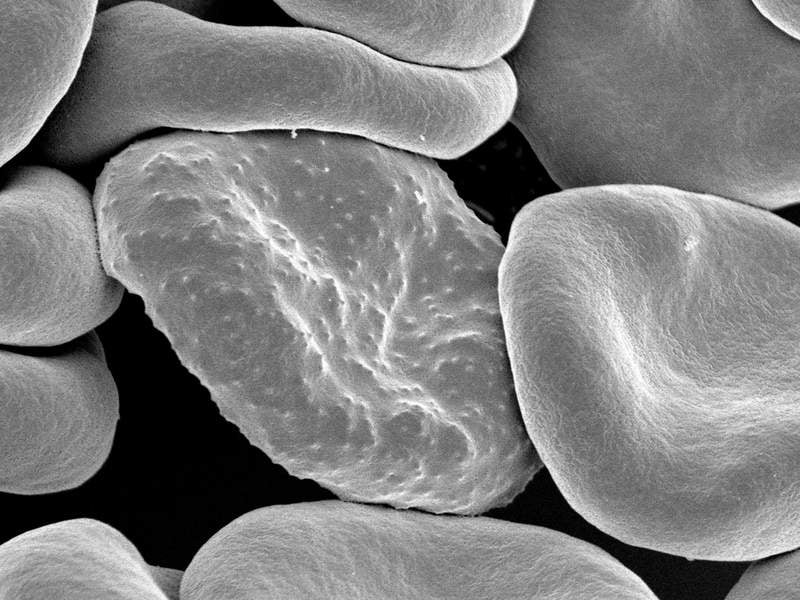
A new study funded by the National Institutes of Health (NIH) in the US has identified two proteins required by the malaria parasite Plasmodium falciparum (P. Falciparum) to infect red blood cells.
The plasmepsins IX and X proteins are also needed by the parasite to exit the cells after multiplication and are expected to be potential new targets for the development of new anti-malaria medication.

Discover B2B Marketing That Performs
Combine business intelligence and editorial excellence to reach engaged professionals across 36 leading media platforms.
Plasmodium falciparum, which produces ten types of plasmepsin proteins, is reported to have developed drug-resistance in five South East Asian countries.
During the study, researchers compared the malaria parasites created without the plasmepsins IX and X under experimental conditions, with those that had the two proteins.
It was discovered that plasmepsin IX is present in the parasite’s specialised cell structures, known as rhoptries, which are involved in the invasion of red blood cells, while plasmepsin X is observed in exonemes that aid its exit of infected cells.
The researchers further found that the parasites without plasmepsin IX had defective rhoptries and those lacking plasmepsin X could not infect or exit the cells.

US Tariffs are shifting - will you react or anticipate?
Don’t let policy changes catch you off guard. Stay proactive with real-time data and expert analysis.
By GlobalDataThe team expects that the parasites lacking the plasmepsins could be used for screening of drug candidates in order to identify new anti-malaria compounds.
The researchers currently identified three experimental malaria drugs that could potentially target plasmepsin X.
Out of the three drugs, CWHM-117 has been evaluated in a mouse model of malaria and the researchers intend to use this data to alter the drug for obtaining better efficacy.




